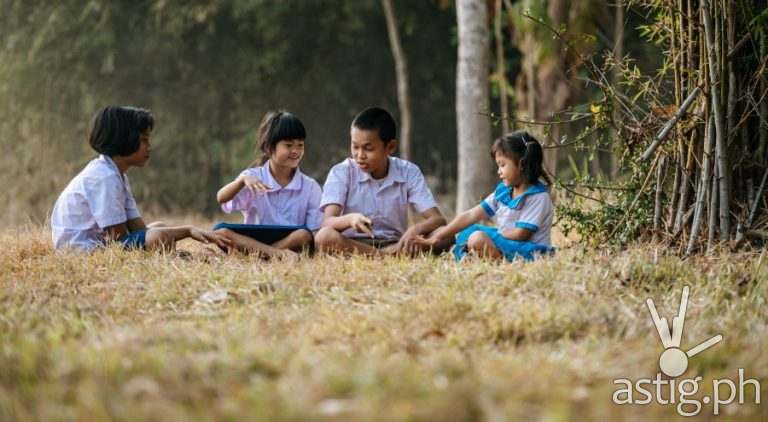The age-old debate of nature versus nurture has long puzzled educators. But despite the arguments on both sides, it’s generally agreed upon that a child’s environment significantly shapes the development of their inherent abilities and talents. Among these environments, schools emerge as a major variable in a student’s path toward success.
Gillian Lynne, a celebrated choreographer renowned for her work on “Cats” and “Phantom of the Opera”, provides a compelling example of the premise of nurture. In her youth, her teachers often labeled her as a troublemaker, being unable to sit still during class discussions.
However, one insightful doctor identified her as a kinesthetic learner, someone who learns through movement. Instead of shunning her behavior, she was later enrolled in a dance academy where she would eventually create some of the most successful musical theater productions in history.

The journey of Lynne underscores the significance of surrounding ourselves with people who celebrate a student’s individuality and nurture their enthusiasm for learning. By taking special care in choosing the learning environment, similar to choosing the soil in which we plant, we can help encourage our child’s individual growth.
As Sandy Arellano, currently pursuing her PhD in Education emphasized, “Grades are just one aspect of school; it is important that we can cultivate a culture of inclusiveness that will help bring out a child’s full potential. Unlocking capabilities and nurturing them to fruition should be the primary goal of an educator”. She highlighted how many traditional school systems tend to view students through a restricting mold into which they try to fit each student.
It is commonplace in the Philippines for schools to typically adhere to the traditional educational system. Unfortunately, many students tend to struggle with having a smooth integration, often resulting in them feeling ignored or even experiencing depression. This would eventually lead to the potential for these student’s development to be hindered.
Conversely, schools can improve their student’s overall well-being by fostering the freedom to learn more about themselves and provide the assurance to be accepted. Embracing the diverse characteristics of each child can help previously withdrawn students come out of their shells and find confidence in themselves.
How a student’s environment can affect their futures
Incidentally, Arellano also serves as the principal of Montessori De San Juan (MSJ), a school that implements the Montessori Method – the same methodology under which Gillian Lynn eventually prospered. “The Montessori method emphasizes self-directed activities within a structured environment, and we complement this with a more progressive school system to foster a love for learning and self-reliance. I have personally witnessed how our student’s time at school has become the highlight of their day,” Arellano explained.
While the number of positive (and often very emotional) testimonials on social media detailing the experiences of parents with MSJ are appreciated, Arellano prefers to focus more on the core mission of their school. “A lot of these testimonials share the same narrative: children who were once dejected, unmotivated, and perennially exhausted in their previous schools have a night-and-day transformation in our school. That’s the goal, of course, because learning should be fun and transformative. But I sometimes gently remind some over-eager parents that our aim is not to compare ourselves with the other so-called ‘big and prestigious schools’, but to excel on our terms, and let the quality of our graduates speak for itself,” she enthused.
That said, employing a hybrid of the Montessori method and a progressive school system has allowed MSJ’s curriculum to stand out from the rest, as it includes personality development, etiquette, effective communication skills, leadership opportunities, as well as promoting mental and physical well-being.
The educational journey of Gillian Lynne, through the Montessori Method, and the principles upheld at MSJ serve as a reminder that when we invest in creating supportive environments for our children, we are sowing the seeds for a future where our children can wake up every morning happy and excited to learn. For more information on this inclusive and progressive curriculum in Montessori De San Juan, you may contact 725-6306, or visit www.montessoridesanjuan.com


